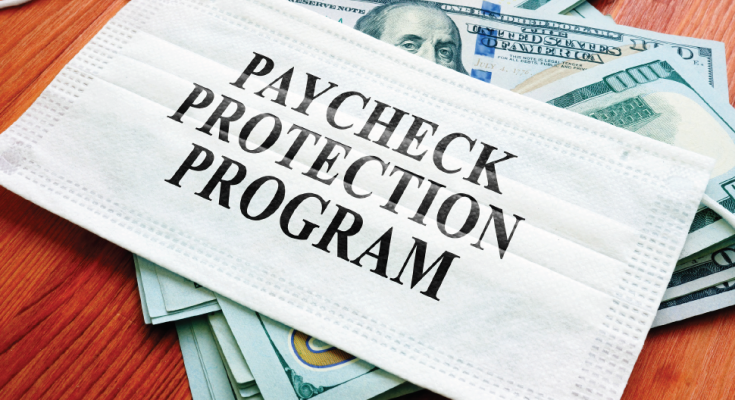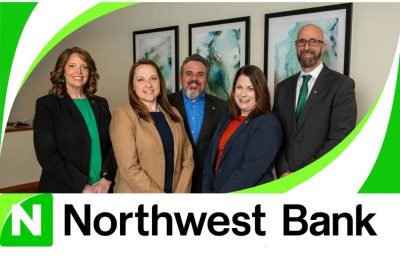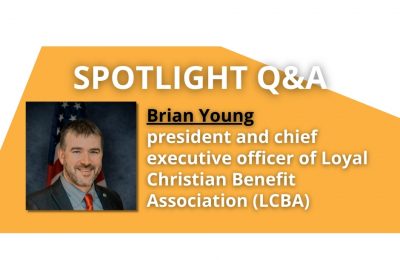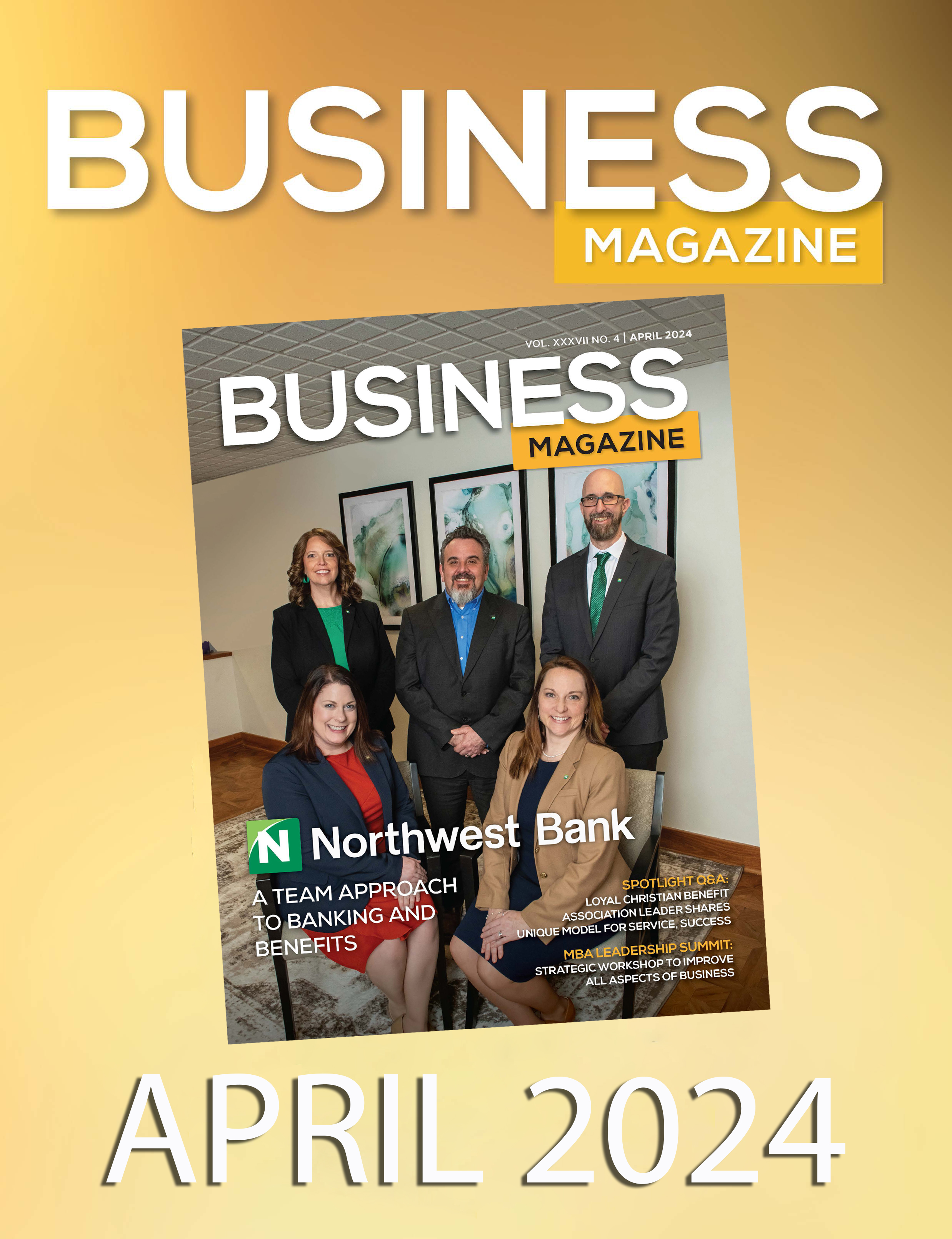Craig Shamburg is a partner at MacDonald Illig. He counsels clients on estate planning and administration, tax, business transaction, and succession planning matters.
Bill Speros is a partner at MacDonald Illig. He counsels clients on commercial business transactions, mergers and acquisitions, and corporate compliance.
The Paycheck Protection Program (PPP) launched in April has provided approximately 5 million federal loans totaling more than $500 billion to assist businesses affected by the Coronavirus pandemic. Under the PPP, most borrowers will be able to receive loan forgiveness from the U.S. Small Business Administration (SBA) if they satisfy certain spending requirements.
Forgiveness Decision
As of the time of this writing, most PPP borrowers are still waiting for their lending bank to assist with completing a forgiveness application. Once the bank accepts and completes the borrower’s application, the bank has 60 days to send the completed application to the SBA, which has 90 days to processmthe application and issue a decision. Thus, even if PPP borrowers start (or have already started) the forgiveness process before the close of the 2020 calendar year, they likely will not know the status of their application until 2021. This unfortunate timing presents some unique challenges for PPP borrowers.
For one, the COVID-19 pandemic, along with current federal estate tax exemption amounts, has resulted in a busy transactional market where many PPP borrowers are looking to sell business assets and/or transition ownership to the next generation. SBA Procedural Notice 5000-20057 applies to any PPP borrower that has not fully satisfied its loan and wants to sell or transfer 20 percent or more of its ownership interest or 50 percent or more of its business assets.
Under the Notice, PPP borrowers must set aside in an escrow account funds equal to their outstanding loan balance before closing the business transaction. Once the forgiveness process is complete, the escrowed funds must be disbursed first to the SBA, if necessary, to repay any remaining PPP loan balance plus interest. If the PPP borrower is unable to escrow the SBA-required funds, the intended business transfer cannot proceed without prior SBA approval.
Applying for such approval can potentially be a costly and lengthy process that includes submitting copies of the intended transaction documents and a justification for why the PPP borrower can neither fully repay its loan nor escrow the required funds. For any business owner intending to sell, gift or acquire stock or assets of a PPP borrower prior to the end of 2020, the SBA Notice has injected a significant new concern into the transaction.
Tax Implications
The delay in obtaining SBA approval of the forgiveness may also create uncertainties for the 2020 income tax return filing season. With Notice 2020-32, the Internal Revenue Service (IRS) stated that forgiveness of a PPP loan will not create discharge-of-indebtedness income; however, any expenses paid with PPP loan proceeds that are ultimately forgiven are not deductible by the taxpayer.
As of this writing, the IRS has not issued further guidance regarding how to account for forgiveness obtained in 2021 for expenses incurred in 2020. Therefore, if your PPP loan is not forgiven until 2021, you should discuss the impact with your tax preparer prior to filing and consider extending your 2020 income tax returns.
While the PPP loans provided a potentially business saving lifeline in 2020, the financial implications of forgiveness are likely not to be finalized until 2021.
For more information, contact Craig Shamburg at 814/870-7716 or cshamburg@ mijb.com or Bill Speros at 814/870-7764 or wsperos@mijb.com.















